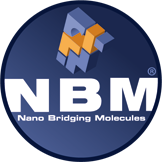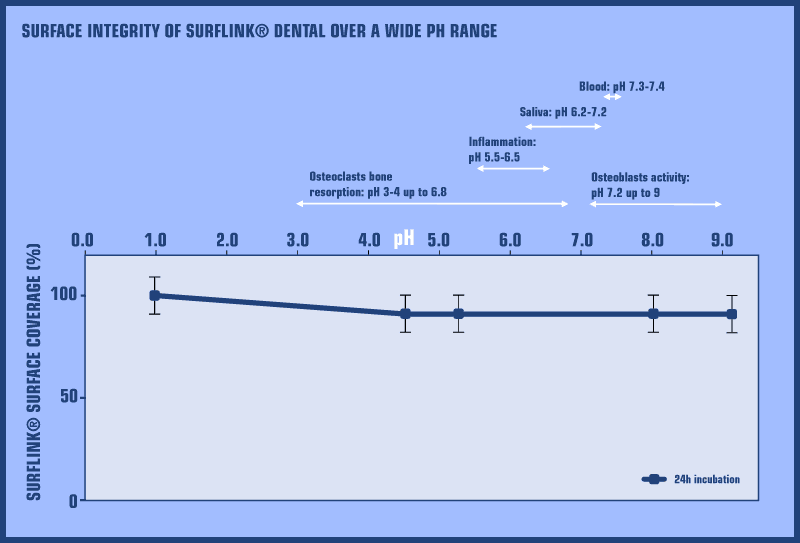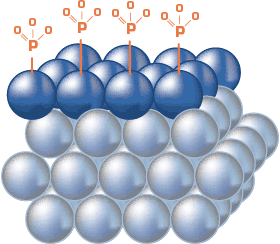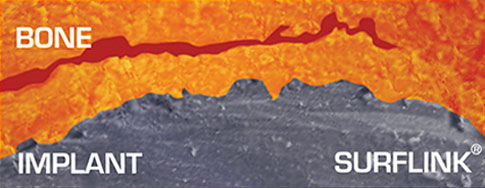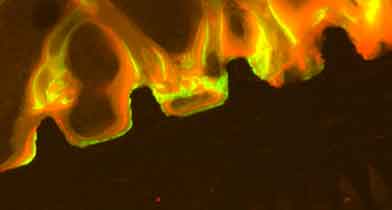Characteristics
becomes a reality

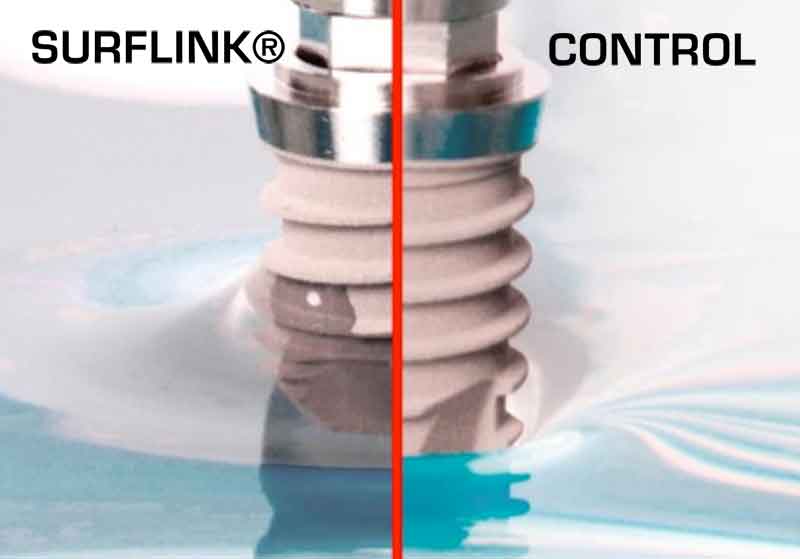
Hydrophilicity
SurfLink™ treated surfaces greatly improve water affinity (hydrophilicity). Hydrophilic surfaces have been shown to attract biological fluids. This enables quick cell adhesion and fast bone matrix formation.
In the image, water is ‘climbing up’ the SurfLink treated implant (left), whilst the untreated implant ‘pushes away’ the water (right).
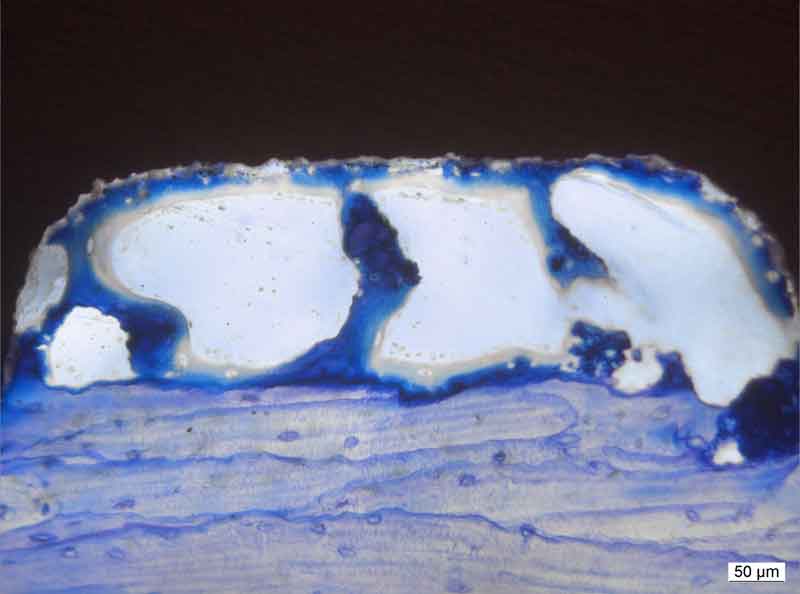
Osteoconductivity
SurfLink treated implant: newly formed bone quickly spreads out from contact points to cover the implant surface.
Increased new bone formation (+44%) is seen as early as 2 weeks in a sheep study.
In a clinical situation enhanced early implant stability can be expected.
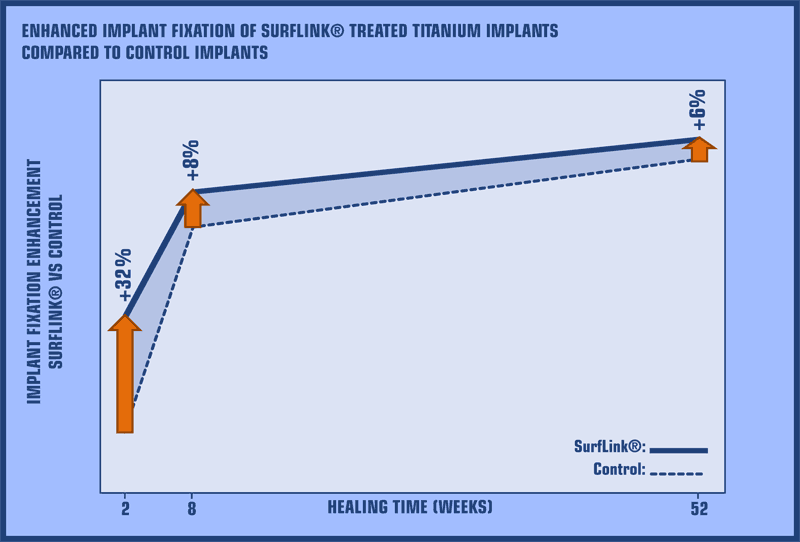
Implant fixation
The image shows that SurfLink (blue line) increases how firmly the implant is fixed in the bone when compared to an untreated surface (dashed line).
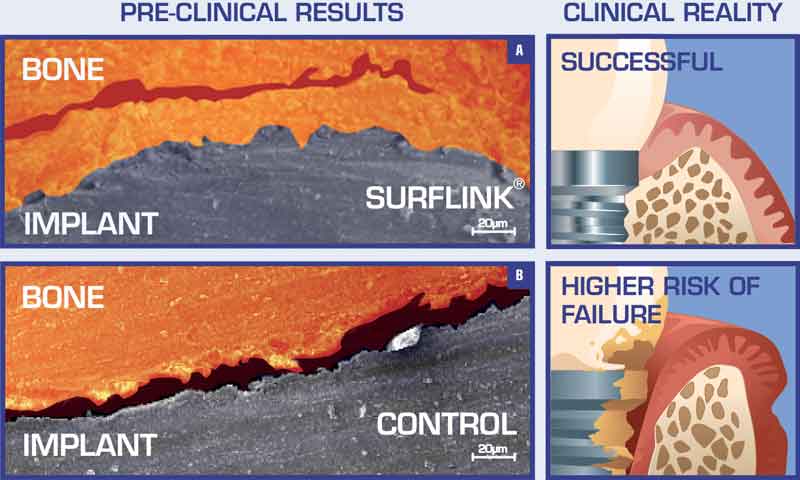
Chemical bonding
High magnification image of the bone-to-implant interface of dental implants subjected to removal torque forces after 52 weeks integration in sheep:
A) SurfLink treated implant - fracture line occurs within bone.
B) Control implant - fracture line occurs between the bone and the implant.
